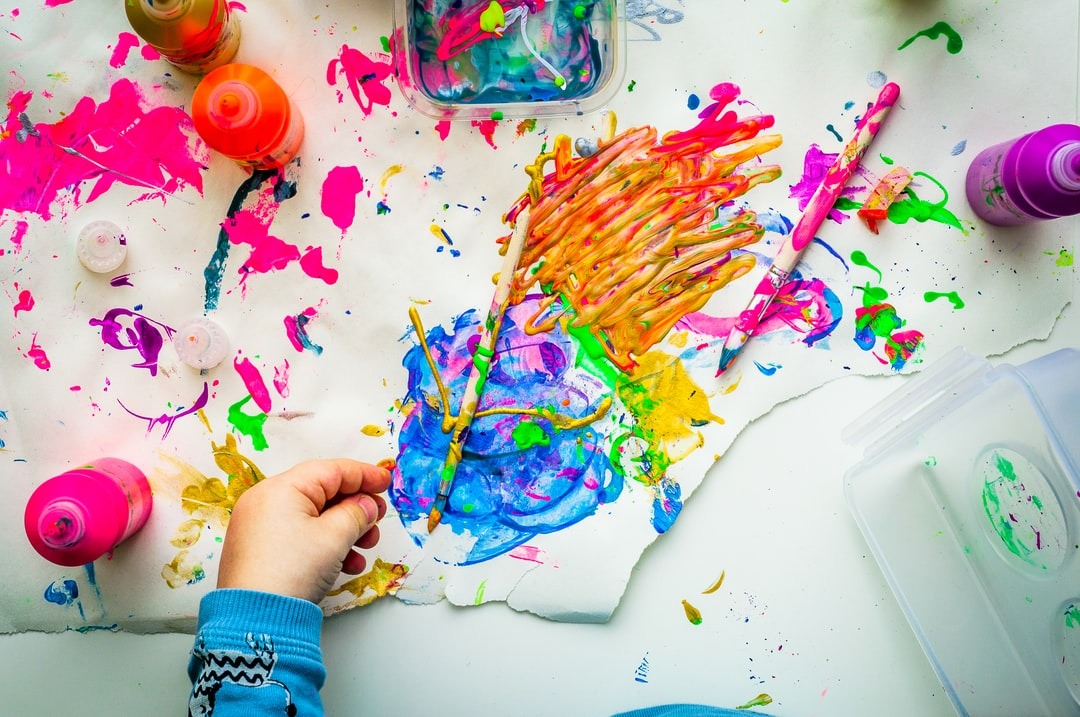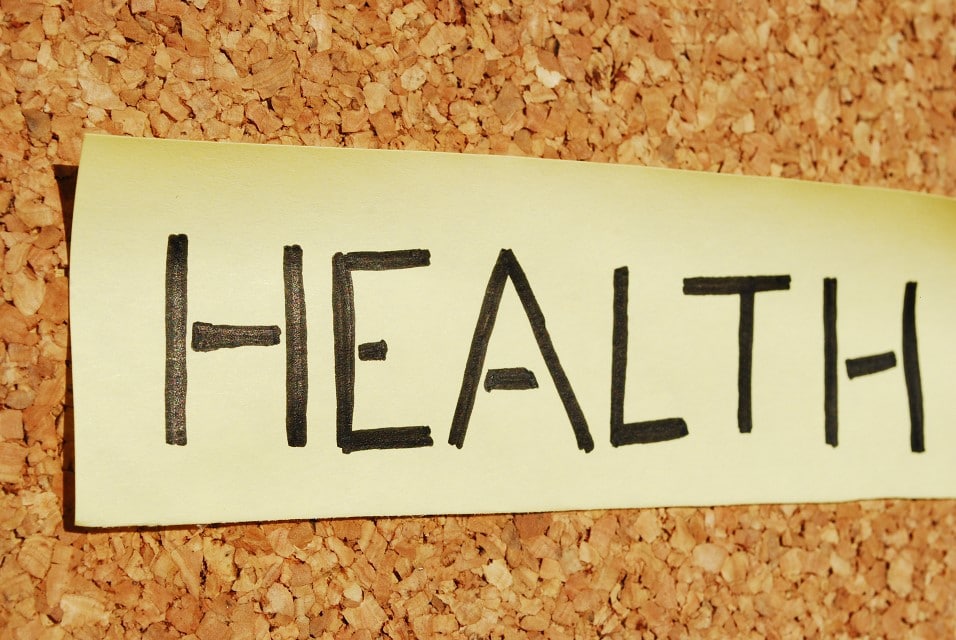How Can Creative Stimulation Strengthen Recovery?
Do you know there is a connection between creativity and your overall health? The healing power of creative activitieshas been confirmed by medical research. For people who are recovering from substance addiction, creative therapies can also help improve their physical, emotional, and mental health.
The Importance of Creative Stimulation
Being creative is an important foundation for human flourishing. When you are absorbed in making art or listening to music, there tends to be a flow of ease and happiness. This reduces anxiety, boosts your mood, and even slows your heart rate. Repetitive creative activities such as drawing, writing, and knitting generate flooding of dopamine, the feel-good chemical that helps motivate you in life.
It is not news that listening to music produces better connectivity between the left and right brains. In other words, listening to music improves cognitive function. Making art can help the mind focus, which improves mental health. Creative activities can be compared to mindfulness exercises because you focus on the present moment movements. They produce a calming effect on the brain. Activities like gardening integrate the healing power of nature into creative stimulation and may produce natural anti-depressant effects.
Creativity and Addiction Recovery
Many treatment programs integrate art and music therapies because of the above-mentioned reasons. People who are recovering from substance use disorders need time for their brains to heal. Many suffer from co-occurring mental health conditions that make it hard for them to relax and enjoy life. Art and music therapies can be instrumental in calming anxieties, helping recovering individuals focus and relax.
Recovery experts also use these creative therapies as a channel for people to express their previously bottled-up emotions. During recovery, emotional management is key to preventing relapse. Art-making and music-making can serve as nonverbal ways of processing complex feelings and expressing one’s emotions.
How Art Therapy Works in Recovery
Art therapy is the use of visual arts to serve a therapeutic purpose. A licensed art therapist may work with you closely and tailor each activity to meet your needs in recovery. Usually, these art therapy activities are conducted in a group. This helps build healthy connections among recovering individuals. Many people form friendships by doing sober activities together.
The art therapist may assign you to express yourself through a theme. You can use art supplies to create whatever comes to mind. The art-making process makes you slow down and explore the theme based on your own imagination. The focus of art therapy is often on the process and not the final product. But the final product can often still be quite self-revealing.
Who Can Participate in Art Therapy?
Many addiction treatment centers integrate art therapy to complement traditional mental health treatment methods such as cognitive-behavioral therapy. Art therapy aims to help recovering individuals process feelings, reduce stress, increase self-esteem, and cultivate new hobbies. Many people who have gone through art therapy begin a self-discovery journey because creating art helps them acknowledge and recognize feelings that have been locked up.
You do not need to be a talented artist in order to try art therapy. This activity may evoke the innate creativity that you did not know you had. When making art, be sure to stay honest with yourself and your emotions. Unleash your inner artist.
The greatest benefit of art therapy is allowing for a healthy outlet for expressing and letting go of negative emotions and fears. Sometimes complex emotions such as grief, anger, or sadness cannot be expressed with words. Making art can help people release them. This previously bottled-up emotional trauma can find a way to come out of the mind and body.
Other Creative Therapies
Music therapy works in about the same way as art therapy. You are led to do an activity of making your own music, including lyrics. This helps you express emotions in a nonverbal way. The release of creative energy that is inherent in everyone can be awakening and esteem-boosting.
Creative therapies can be integrated with nature therapy. There is creative energy in nature all the time, and you just have not taken the time to notice it. Placing yourself outdoors and breathing in the fresh air can enhance your creative processes. You can carry a notebook and write down some poetic inspirations. Many treatment centers are located in a natural environment so that they can make use of the healing power of the outdoors.
There is a wide range of creative therapies, including dancing, embroidery, jewelry-making, poetry, creative writing, scrapbooking, videography, woodwork, etc. Each of them may open the door to a new social life. You will be amazed to find that life in sobriety has so much to offer. The more you participate in and enjoy these creative activities, the more sustainable your recovery becomes.
Do you know that creative activities such as drawing, writing, and knitting produce better brain connectivity and improve cognitive function? Creative activities can produce a calming effect on the brain. This is why many treatment centers use them to help people heal. At Capo Canyon Recovery, near Mission Viejo, CA, we take pride in our holistic methods, which are incremental to your path to sustainable and long-term recovery. We focus on each stage of recovery, both physical and mental health. Our inpatient residential care and outpatient, long-term care programs offer curated benefits. We provide unmatched comfort during your stay with an in-house chef, luxurious beds, and our organic garden. Here, you can feel confident that we will help you achieve long-term sobriety. By coaching you to cope with upcoming stress and challenges, you can start your journey with experienced recovery experts today. Call us at (800) 804-8714.
















